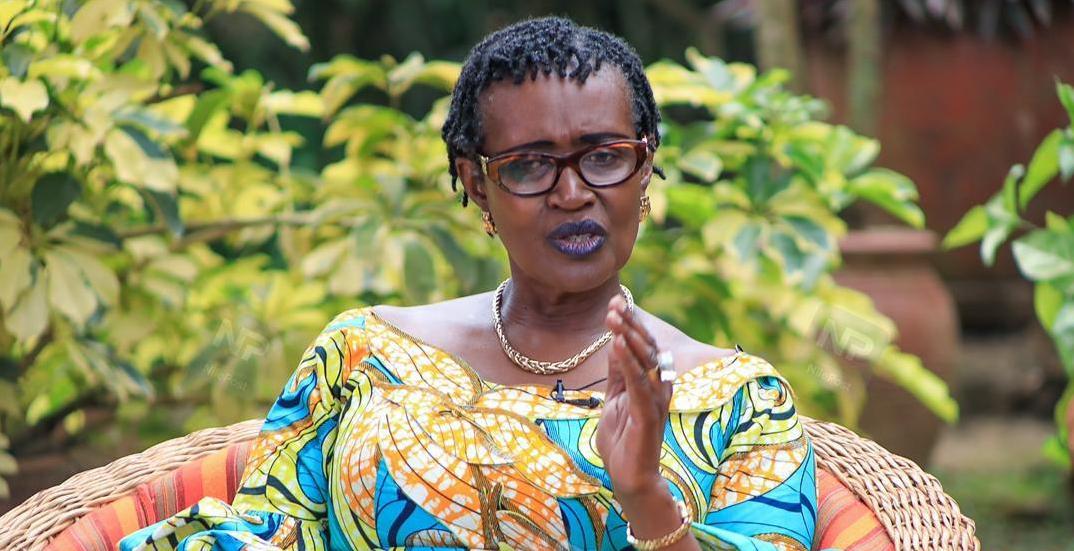Africa-Press – Uganda. UNAIDS Executive Director Winnie Byanyima has warned that developing countries are losing billions through tax dodging and high-interest debt. She said these losses are weakening efforts to fund HIV prevention and healthcare systems.
Byanyima said international aid, especially from the United States, has helped reduce HIV infections. However, she warned that foreign aid alone is not enough to sustain progress.
“We must unlock the billions lost through tax dodging and debt repayments to the North. To rich countries, I say: maintain the aid. But remember, aid is just one source,” she said
Her comments come after new data showed that 1.3 million people were newly infected with HIV in 2024. This is the lowest number of annual infections since the mid-1980s. She credited global cooperation and donor-funded prevention programs for this progress.
She urged governments to invest more in local prevention efforts, especially for girls and young women in sub-Saharan Africa. In that region, young women are more than twice as likely to get HIV as boys of the same age.
“Governments must step up on prevention. Support youth, communities, and local health groups,” he said.
Byanyima’s remarks come as the world works toward ending AIDS as a public health threat by 2030. She said this goal will not be met without fairer global financial systems.
UNAIDS says many prevention programs rely heavily on foreign aid. In Nigeria, about 43,000 people received HIV-prevention drugs in November 2024. By April 2025, that number dropped below 6,000.
Activists warn that the most vulnerable groups are being hit hardest. These include people who avoid public clinics due to stigma or fear of arrest. Many relied on donor-funded community centers, which have now shut down.
Dr. Beatriz Grinsztejn, President of the International AIDS Society, said key populations are “always left behind.”
The report comes ahead of an AIDS research conference in Kigali, Rwanda, where more data will be presented.
Bristol University researchers say a one-year cut in U.S. aid could push 700,000 people off preventive HIV drugs. That could result in 10,000 new infections over five years.
UNAIDS projects that without U.S. funding from PEPFAR, there could be 4 million more deaths and 6 million new infections globally by 2029.
Still, some countries are finding solutions. Byanyima said 25 out of 60 low- and middle-income countries have increased HIV spending from domestic sources.
“This is the future of the HIV response,” she said. “Nationally owned, sustainable, inclusive, and multisectoral.”
For More News And Analysis About Uganda Follow Africa-Press






